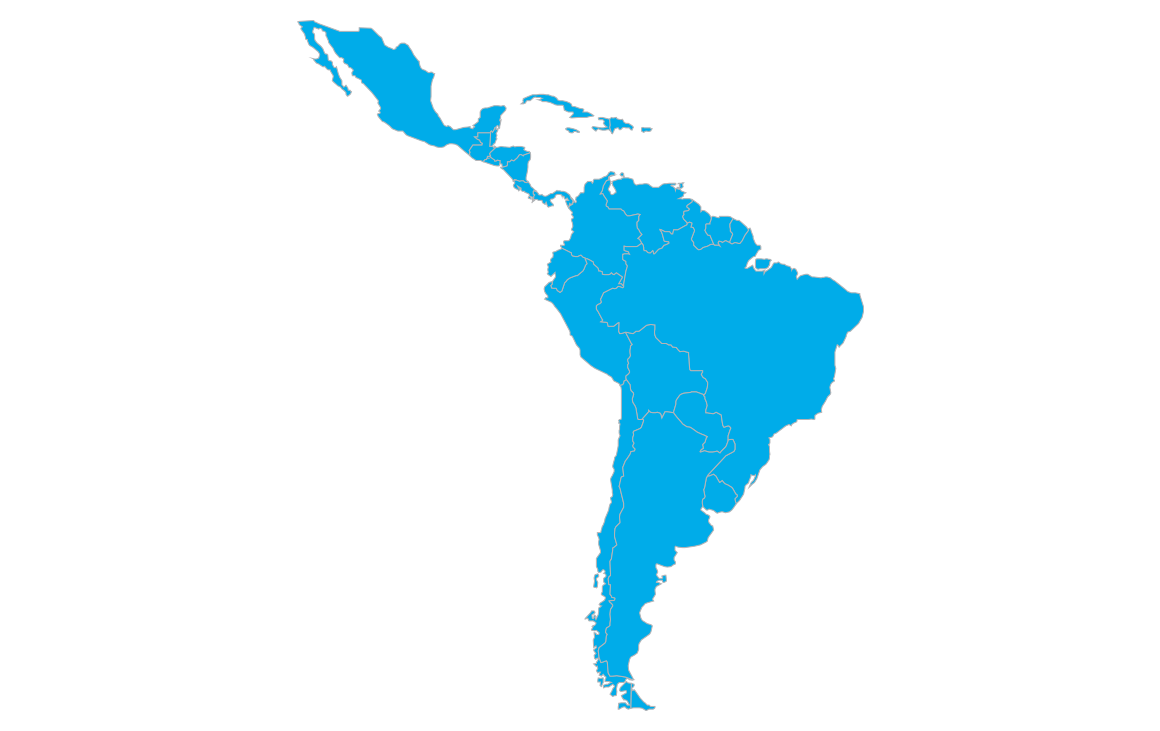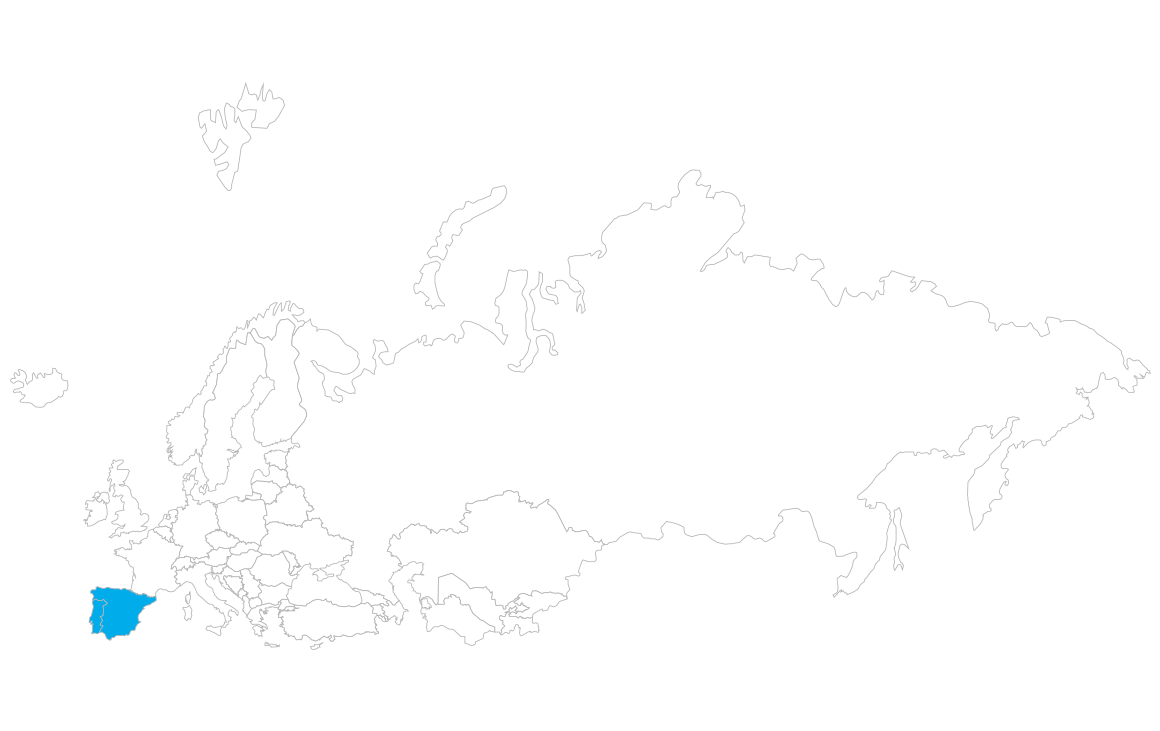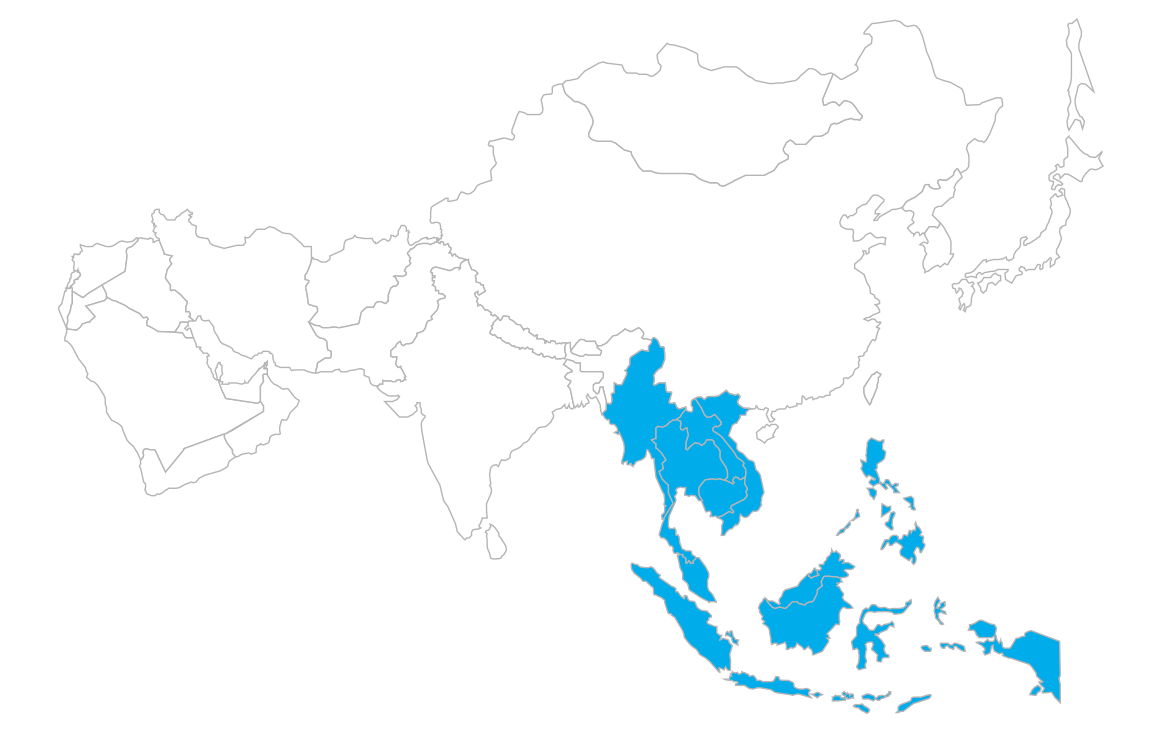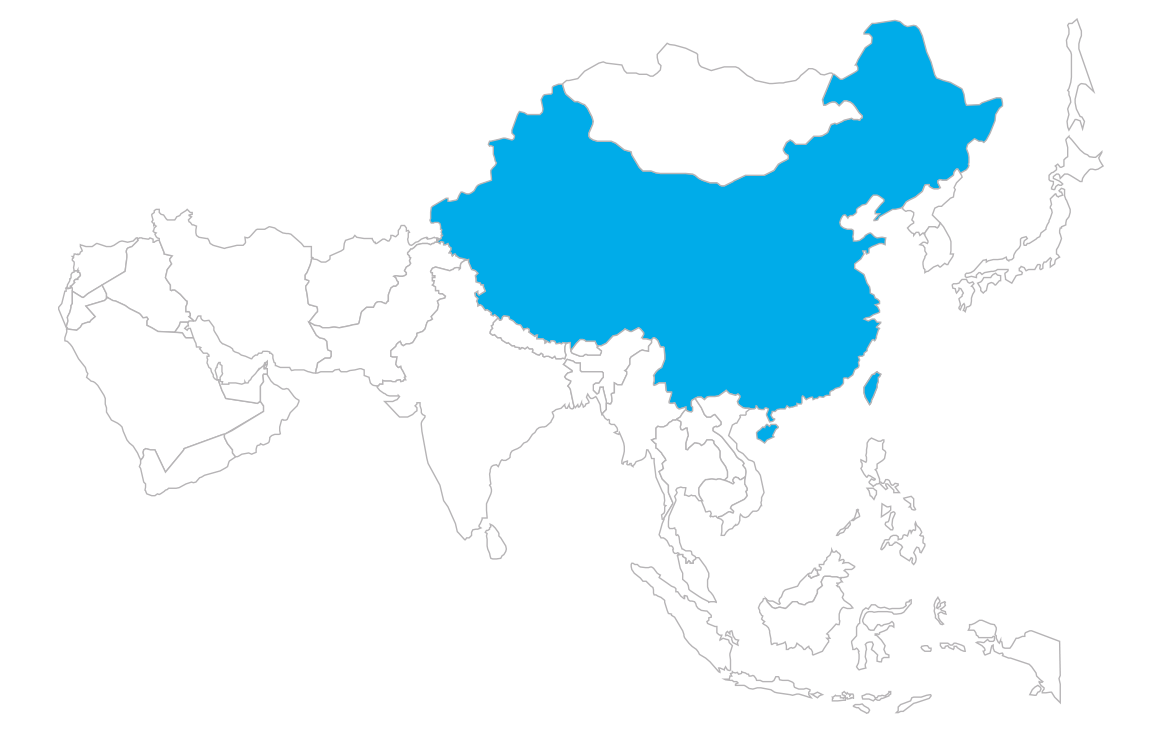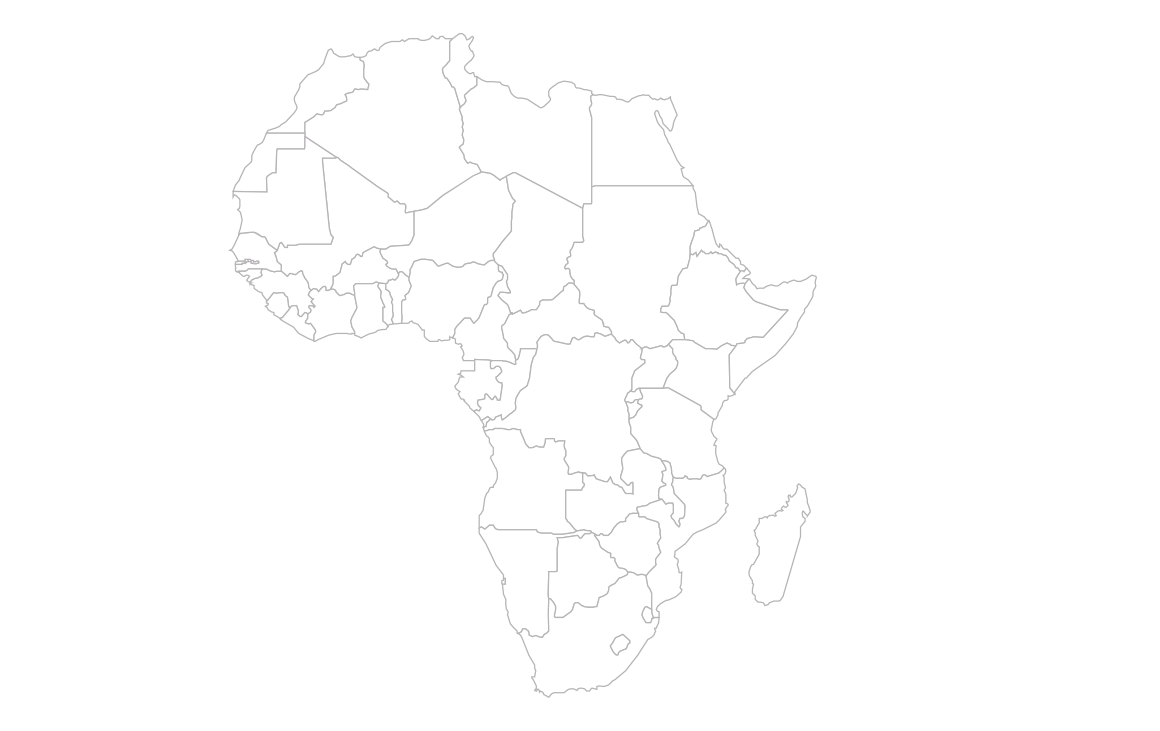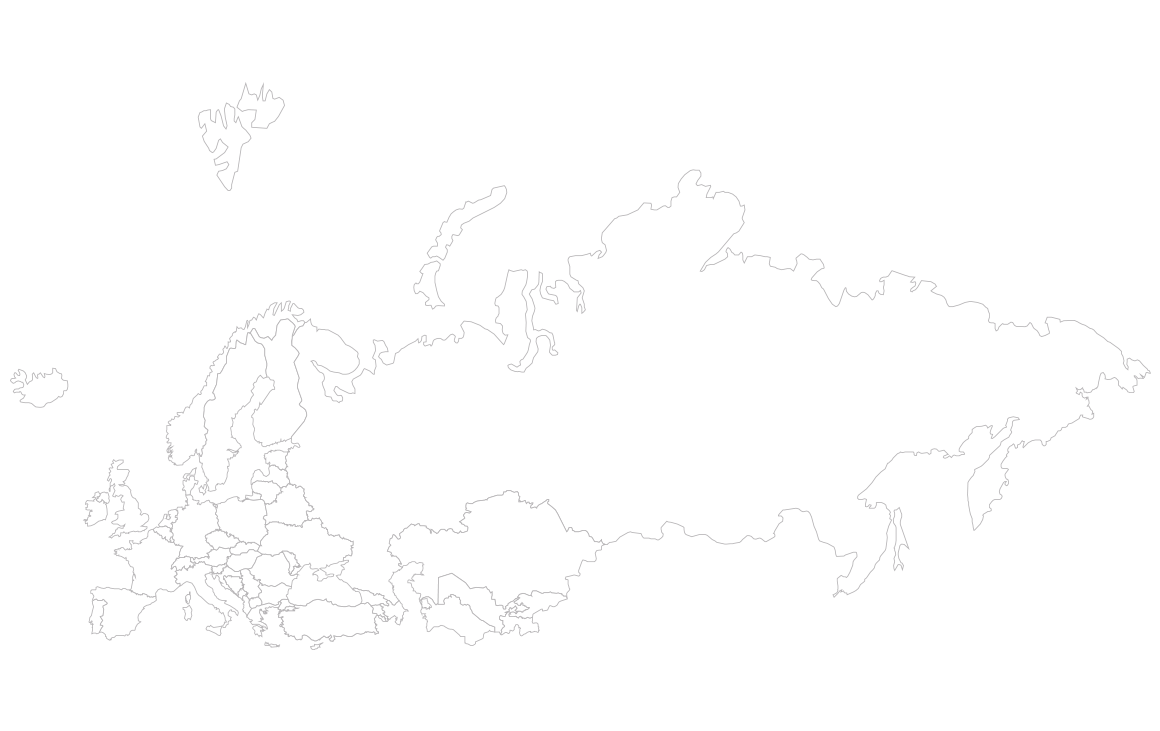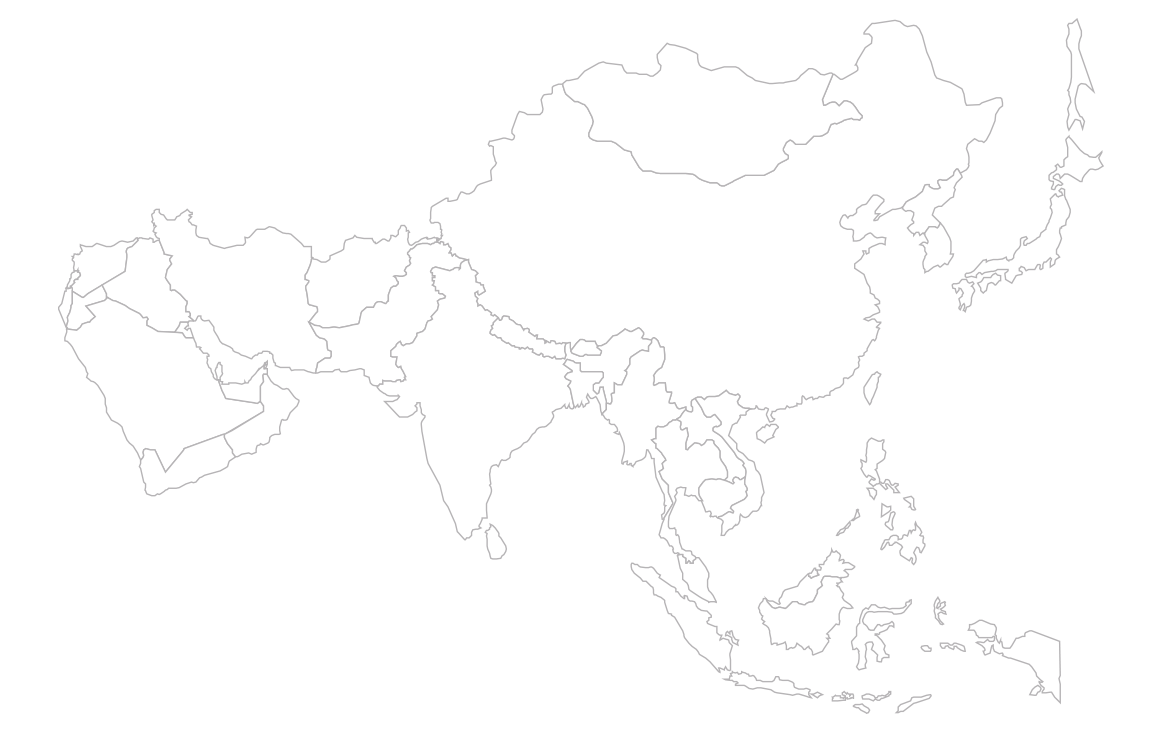Urbanization and increasing population figures in newly industrialized countries mean the global market for buses is growing by around five percent annually. 600,000 new buses are forecast worldwide through 2017. China alone accounts for almost 30 percent of global demand – followed by India with growth rates of 10 percent. Bus fleets are, however, also being expanded in Europe, Africa and South America. (Source: Multiclient-Study „Buses – Global Market Trend“ by SCI Verkehr).
The challenges are similar in all markets: Long downtime periods make any bus fleet unprofitable and need to be prevented also due to the cost pressure. The demand for rapid spare parts delivery poses a challenge for dealers and service partners, while workshops are having to contend with increasingly complex technology.
Urbanization and increasing population figures in newly industrialized countries mean the global market for buses is growing by around five percent annually. 600,000 new buses are forecast worldwide through 2017. China alone accounts for almost 30 percent of global demand – followed by India with growth rates of 10 percent. Bus fleets are, however, also being expanded in Europe, Africa and South America. (Source: Multiclient-Study „Buses – Global Market Trend“ by SCI Verkehr).
The challenges are similar in all markets: Long downtime periods make any bus fleet unprofitable and need to be prevented also due to the cost pressure. The demand for rapid spare parts delivery poses a challenge for dealers and service partners, while workshops are having to contend with increasingly complex technology.
